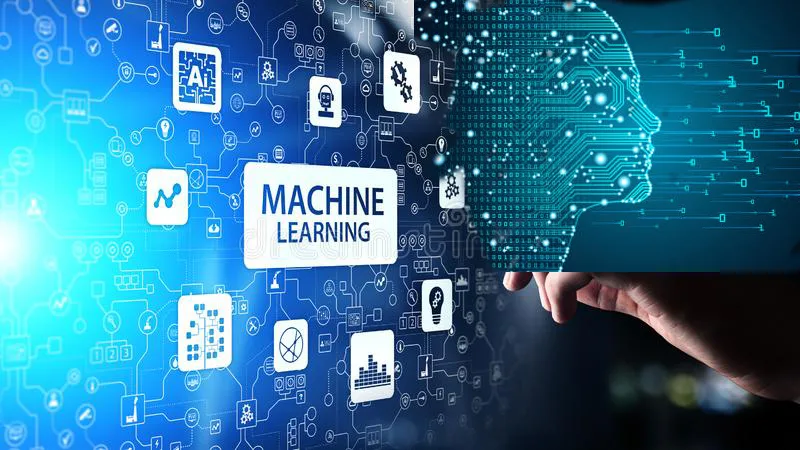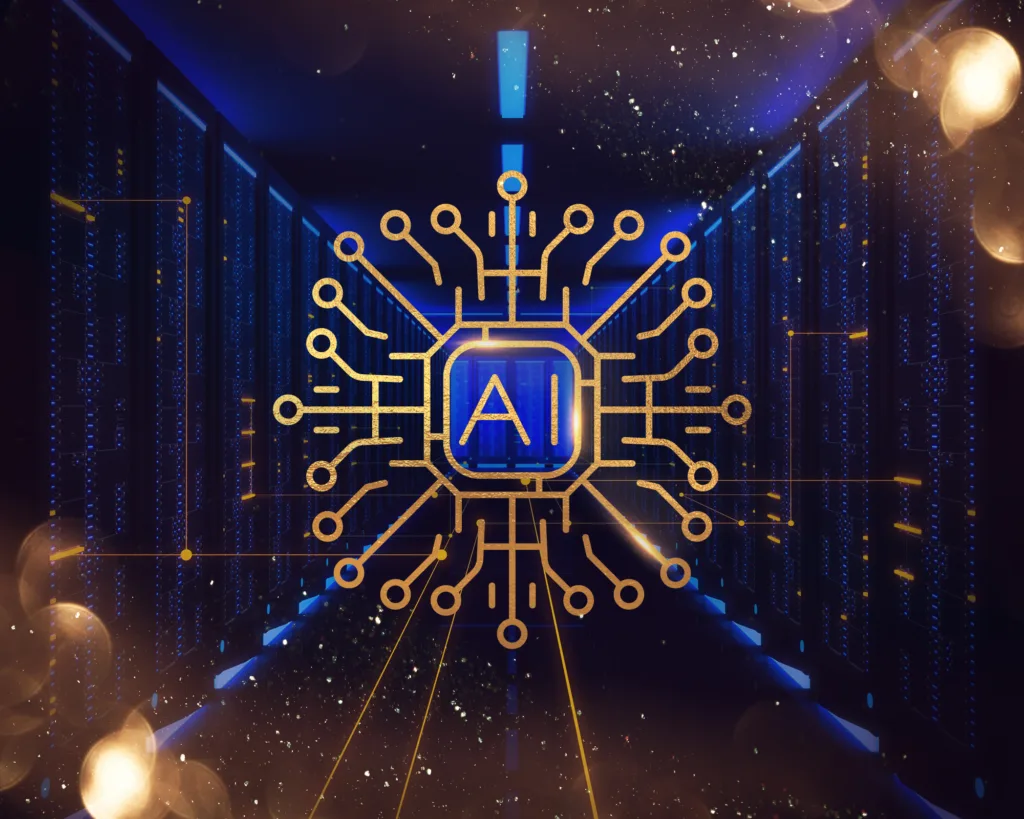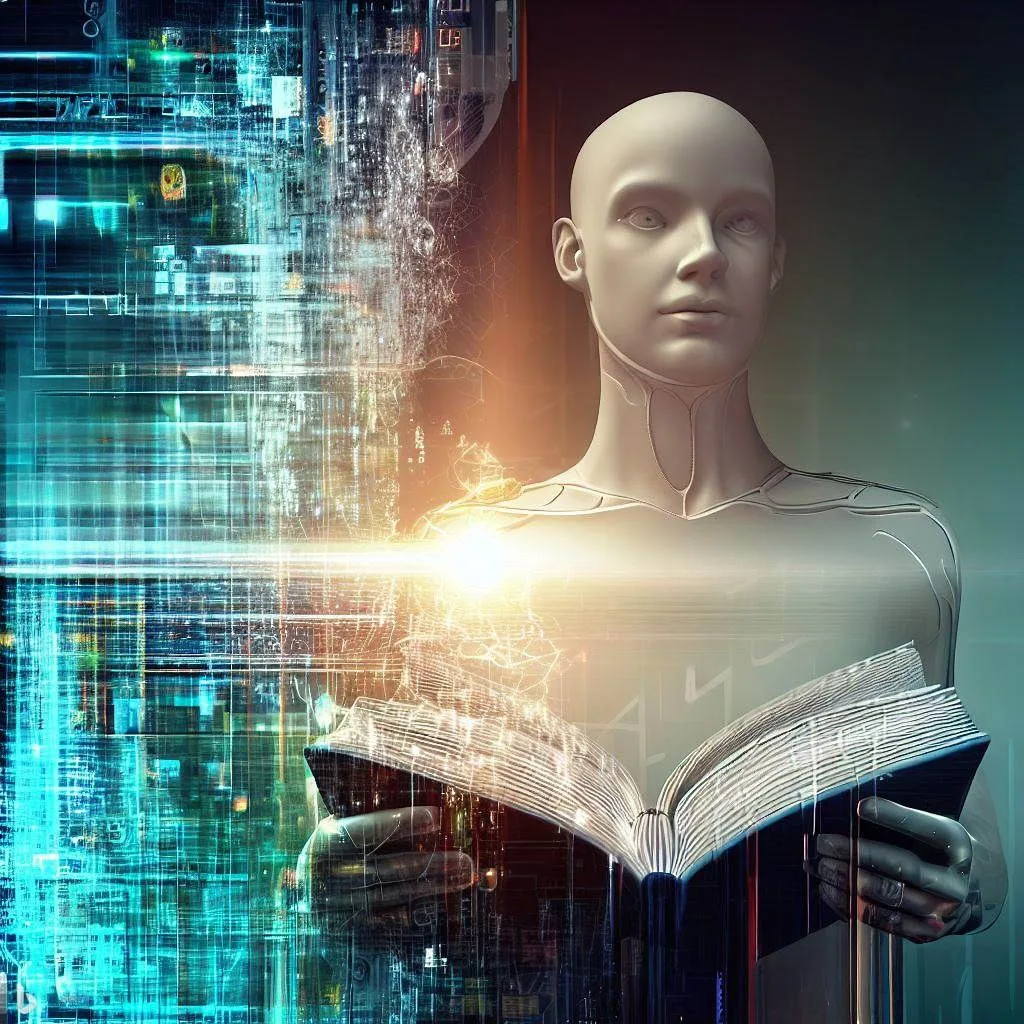Technological world is a very dynamic and the artificial intelligence has emerged as a major force, transforming many industries and providing professionals with unforeseen opportunities. As the demand for AI professionals increases, so does the potential of many lucrative jobs in AI field area. This article will delve into some of the most lucrative AI careers, unveiling the basic skills needed and what potential benefits await those who choose these specific professions.

Machine Learning Engineer:
Machine learning engineers are the real leaders of the AI development, developing and implementing specific algorithms that allow machines to learn based on the data and make rational decisions.
Professionals with a thorough knowledge of the statistics, coding languages such as Python or R and also proficiency in machine learning frameworks are highly sought after individuals. Companies from all sectors such as finance to health care are ready to pay for the machine learning engineers who can improve their products and services.
Data Scientist:
The age of big data is one which requires the use of many data scientists in order to draw sensible conclusions from massive sets of information. Their strength lies in the ability to understand and interpret the complicated information that enables organizations to make wise decisions.
Data scientists should be very proficient in the programming, statistical modeling, and also data visualization tools. One of the high paying Jobs in AI is data science because as businesses continue to implement data-driven strategies, the number of skilled data scientists required continues to increase.

AI Research Scientist:
The trailblazers of innovation are the AI research scientists, constantly driving the limits of what the AI is capable of. They need to create new algorithms, models and also ways of solving the complex problems.
A firm understanding of mathematics, computer science and also creativity is paramount in this field.
With firms spending huge amounts on AI research and development, the compensation of AI scientists for their work is very representative of its integral position in determining the technological advancement.
Computer Vision Engineer:
Computer vision engineers are the very experts in creating algorithms that allow the machines to perceive and also process visual data from the world. This technology is used in the facial recognition, image and also video analysis, and autonomous vehicles.
Knowledge of computer vision libraries like OpenCV and image processing and a machine learning background are essentials for this position. Companies are investing in the advanced visual recognition technologies, driving the need for computer vision engineers.

AI Statistics
The worldwide AI technology market is expected to explode over the next few years, reaching a total market value of $190.61 billion by 2025. AI technology is one of the fastest-growing industries in the world with a forecasted annual average growth rate of 33.2% between 2020 and 2027.
In 2020 AI eliminated 1.8 million jobs globally but created 2.3 million new jobs.
AI Product Manager:
In fact, as the use of AI spreads across a large number of industries, an AI product manager plays an increasingly important role. These specialists close the gap between the technical teams and business goals by managing the creation of AI products.
This job requires a perfect mix of technical knowledge, project management skills and also an acute understanding of market trends. The AI product managers play a very crucial role in the innovation and are handsomely compensated for their strategic value.
Tools and Books for Jobs in AI
Machine Learning and Data Science Libraries:
- TensorFlow: An open-source machine learning framework developed by Google.
- PyTorch: A deep learning framework known for its dynamic computation graph.
- Scikit-learn: A machine learning library for classical algorithms and tools.
Programming Languages:
- Python: Widely used in AI development, with extensive libraries and frameworks.
- R: Particularly useful for statistical analysis and data visualization.
Data Visualization:
- Tableau: A powerful tool for creating interactive and shareable data visualizations.
- Matplotlib and Seaborn: Python libraries for creating static, animated, and interactive visualizations.
AI Development Platforms:
- Google Colab: A free, cloud-based platform with GPU support for AI development.
- Jupyter Notebooks: An open-source tool for creating and sharing live code, equations, and visualizations.
Version Control:
- Git: Essential for collaborative AI projects, allowing for efficient version control.
“Hands-On Machine Learning with Scikit-Learn, Keras, and TensorFlow” by Aurélien Géron:
- A practical guide for understanding and implementing machine learning techniques using popular libraries.
“Deep Learning” by Ian Goodfellow, Yoshua Bengio, and Aaron Courville:
- A comprehensive textbook on deep learning, covering both fundamentals and advanced concepts.
“Python for Data Analysis” by Wes McKinney:
- Focuses on using Python for data manipulation, analysis, and visualization, crucial for data scientists.
“Artificial Intelligence: A Modern Approach” by Stuart Russell and Peter Norvig:
- Widely used as a textbook, offering a comprehensive introduction to AI concepts.
“Data Science for Business” by Foster Provost and Tom Fawcett:
- Explores the practical applications of data science in a business context, valuable for AI product managers.
The widespread use of AI has created a rich environment with a lot of endless possibilities, and this demand for professionals remains unabated. In regards to whether you want to become an algorithm designer, uncover the truth from data or direct AI product development then there are numerous paths offered by the highest-paying Jobs in AI.
When starting your AI journey, developing the necessary skills and keeping up with the industry developments will set you on a path to the success in this dynamic and profitable industry.




